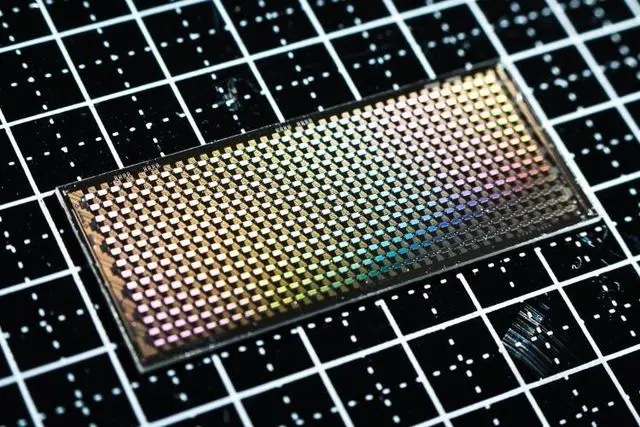Chinese Researchers Develop 504-Qubit Superconducting QC Chip, Build Partnership For Cloud Access

Insider Brief
- The China Daily reports scientists set a new record in China by developing a 504-qubit superconducting quantum computing chip.
- The chip, named “Xiaohong,” was delivered to QuantumCTek Co., Ltd. and is the largest QC chip in China.
- Xiaohong is primarily aimed at developing measurement and control systems for quantum computers.
- Image: Center for Excellence in Quantum Information and Quantum Physics under the Chinese Academy of Sciences
The Center for Excellence in Quantum Information and Quantum Physics, affiliated with the Chinese Academy of Sciences (CAS), has set a new record in China by developing a 504-qubit superconducting quantum computing chip, according to The China Daily, the state-run English-language newspaper in China.
The researchers clarified that the chip is primarily aimed at developing measurement and control systems for quantum computers. The researchers are also exploring how to integrate the chip into a new cloud-accessed quantum computer.
Named “Xiaohong,” this chip was delivered to QuantumCTek Co., Ltd., one of the nation’s leading quantum company based in Anhui Province, eastern China.
According to the paper, the chip is crucial for testing the kilo-qubit measurement and control system that QuantumCTek independently developed. This system is a key component of quantum computers, significantly affecting their overall performance.
Liang Futian, an associate professor at the center, told the paper that this chip aims to align with the performance metrics of globally recognized cloud-enabled quantum computing platforms. These metrics include the longevity of qubits, gate fidelity and the depth of quantum circuits.
Gong Ming, a researcher at the center, said that the primary objective of the Xiaohong chip isn’t for enhancing computing power or achieving quantum supremacy. The main purpose of the chip is to foster the development of large-scale quantum computing measurement and control systems.
China’s leadership in quantum technology development is further underscored by earlier achievements such as the “Jiuzhang 2.0” and the “Zuchongzhi 2.1” systems, the paper reports. The former detected 113 photons, and the latter is a 66-qubit programmable superconducting quantum computing system developed in 2021.
Looking to the future, Wang Zhen, deputy general manager of China Telecom Quantum Group, disclosed plans for collaboration between his company and QuantumCTek. They aim to integrate the Xiaohong chip into a new quantum computer that will be accessible to global users via a quantum computing cloud platform developed by China Telecom Quantum Group.
“It will allow users in various fields to conduct research on problems and algorithms of practical value efficiently, and accelerate the application of quantum computing in actual scenarios,” Wang said.
